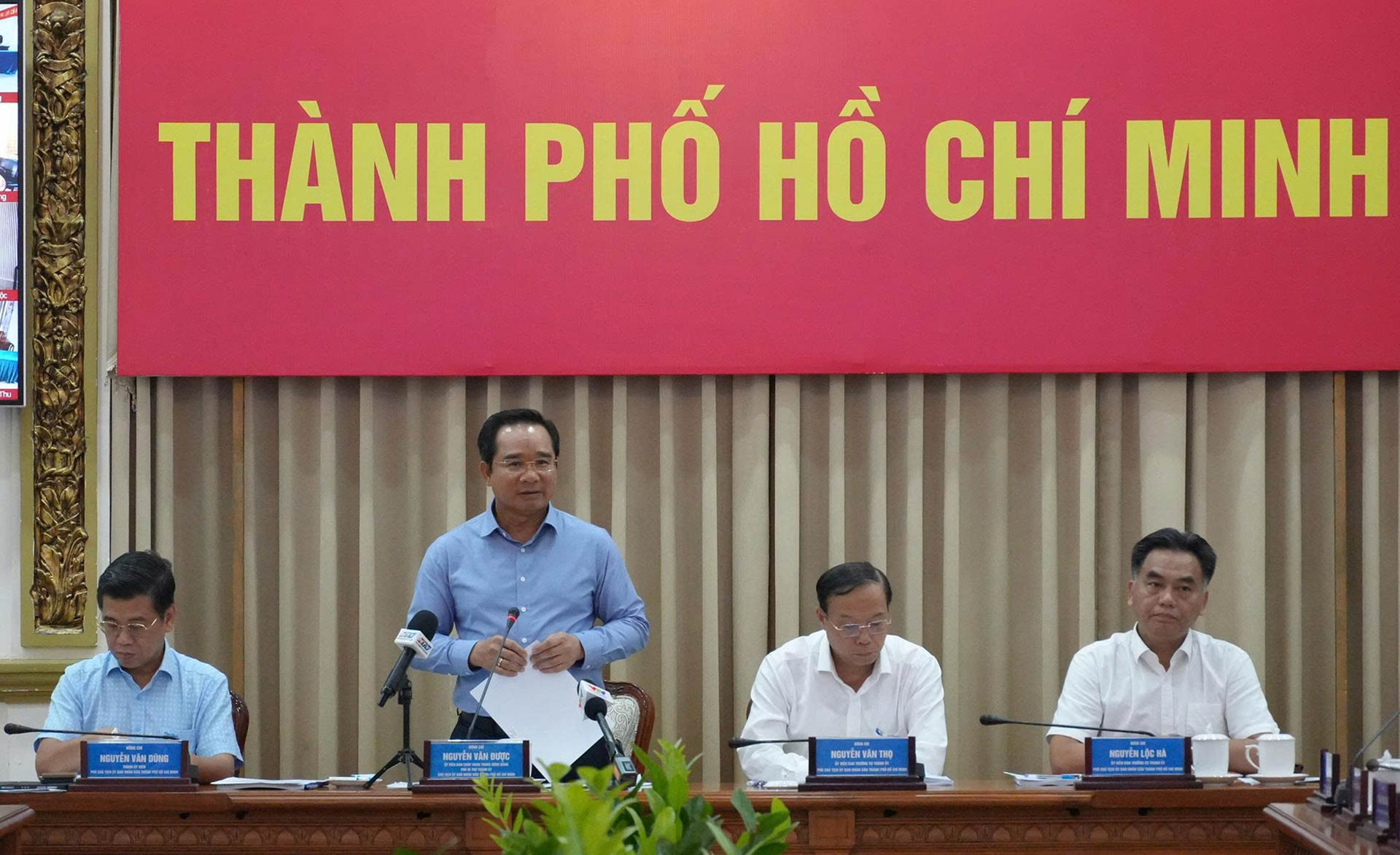Following the merger of three localities, the state-owned Becamex IDC Corporation - formerly under Binh Duong province - will now fall under the administration of the new Ho Chi Minh City. Duoc suggested that in addition to Becamex, the city should establish a second economic group by restructuring its existing state-owned enterprises.
“The city needs at least two major economic corporations. Aside from Becamex, I propose creating a Saigon Corporation to position the state economy as a primary driver. These corporations can leverage each other's strengths,” Duoc stated.
He highlighted Becamex’s strong capabilities in infrastructure investment and financial resources - both areas in high demand for HCMC. The city’s seven planned railway lines, Duoc said, could benefit from Becamex’s participation in investment, funding, and implementation.
He also proposed that Becamex consider investing in key roads such as National Highway 1A, the Saigon - Trung Luong Expressway feeder, and the extension of Nguyen Van Linh Boulevard.
“Why not enable major local enterprises to execute large-scale projects? HCMC should build strong corporations akin to Korea’s chaebols,” Duoc emphasized.
Nguyen Van Hung, Chairman of Becamex’s Board of Directors, reported that the corporation currently has 35 subsidiaries with total assets of about VND160 trillion (approximately USD6.3 billion).
In the first half of 2025, Becamex invested in nearly 200km of major roads in the former Binh Duong province, with a total capital of around VND60 trillion (USD2.4 billion).
Becamex is focusing on projects along key routes like My Phuoc - Tan Van and National Highway 13, areas suffering from severe traffic congestion.
Hung acknowledged the newly formed Ho Chi Minh City has significant development potential, combining the resources of Ba Ria - Vung Tau, the former Binh Duong, and the existing HCMC.
According to the city's statistics office, the merged Ho Chi Minh City now has a population of about 14 million, contributes 36.4% of Vietnam’s national budget revenue, and accounts for roughly 25% of the country's GDP.
Its GDP scale now rivals major Southeast Asian cities like Jakarta, Bangkok, and Manila. Each 1% increase in HCMC's GDP contributes approximately VND17.2 trillion (USD678 million), equivalent to the total economic output of some smaller provinces like Dien Bien, Lai Chau, or Cao Bang. Based on combined data from the three former localities, the city’s economic growth for the first half of 2025 is estimated at 7.49%.
Tran Chung
